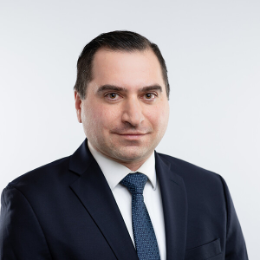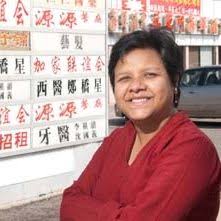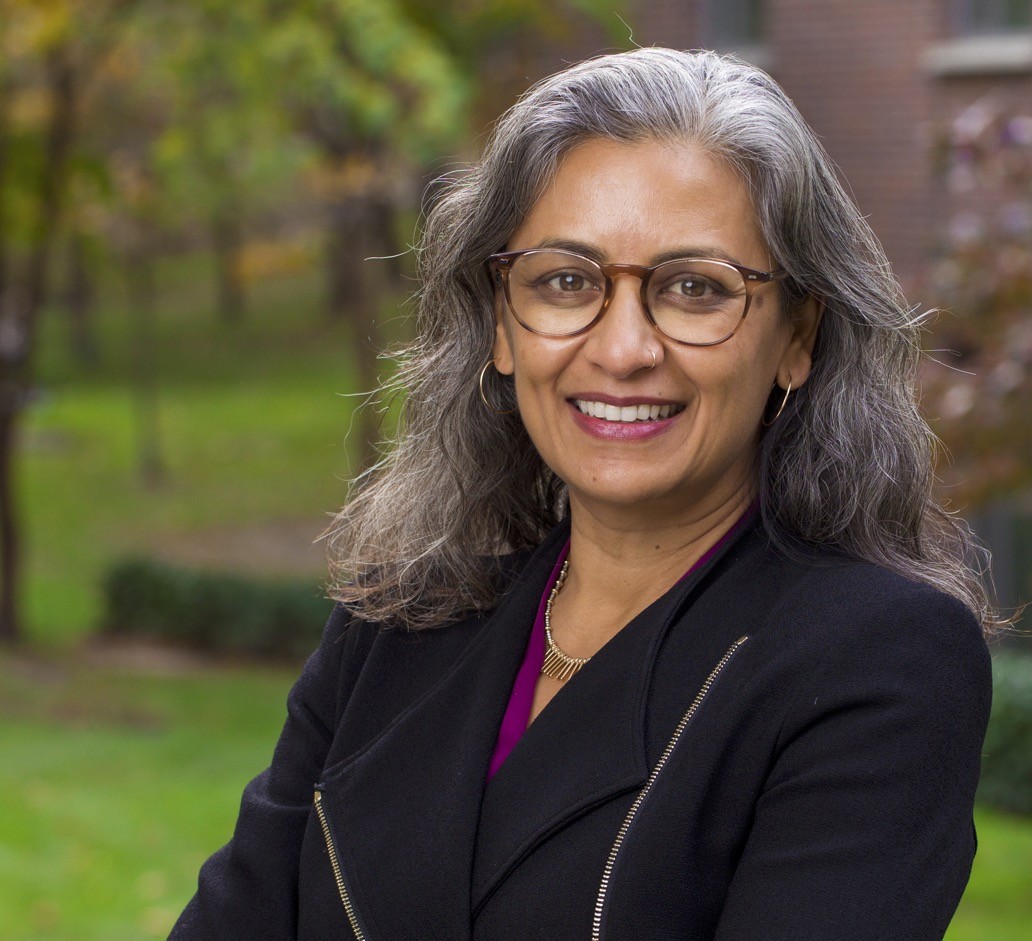2024 Catalyst and Synthesis Grant Projects
SDGs@UofT is pleased to announce the recipients of the 2024 Catalyst and Synthesis Grants.
This catalyst and synthesis grant program is a key activity to providing support for research and innovation at the University of Toronto.
List of the Awarded Projects
LGBTIQ INCLUSION & HUMAN RIGHTS IN TAIWAN (Republic of China): Promoting Targeted Mobilization of the SDGs for LGBTIQ People

Principal Investigator: Peter A. Newman
Co-Investigator: Notisha Massaquoi
The UN 2030 Agenda and its SDGs commit to “leaving no one behind.” Yet, LGBTIQ people continue to be excluded, with sexual orientation and gender diversity not specified in the SDGs—despite global evidence of pervasive stigma, discrimination, violence, denials of employment, education, marriage, and access to competent healthcare. Asia, with 58% of the world’s population and a driver of economic development, lags in human rights protections for LGBTIQ people; however, Taiwan, the first Asian jurisdiction to legally recognize same-sex marriage, has tremendous potential to accelerate human rights and inclusion of LGBTIQ people in the region. The proposed Synthesis Research Grant aims to produce a state-of-the-art, community-engaged evidence synthesis on the status of LGBTIQ inclusion and human rights in Taiwan to support targeted interventions to advance SDGs for LGBTIQ people in Taiwan and Asia. Outcomes include a rigorous scoping review to support development of LGBTIQ-relevant indicators to “measure progress towards achieving the SDGs” (Theme 2), among LGBTIQ communities in Taiwan. Community forums conducted with 100 LGBTIQ stakeholders ensure integration of local community perspectives and experiences. Knowledge mobilization includes community reports, policy briefs, and digital infographics, knowledge tools tailored to support local community organizations in advancing LGBTIQ inclusion and human rights.
Nationalism, Climate Change and Polarization: a systematic review of how nationalism is shaping the politics of climate skeptics and activists

Principal Investigator: Robert Schertzer
Co-Investigator: Eric Woods
This politization and polarization of responding to climate change is an existential threat. It is stopping us from enacting public policies that can achieve real action on climate change in line with our Sustainable Development Goals (13).
The objective of this project is to better understand what is driving political polarization on climate change. To do this, we will draw insights from an emergent area of research that explores the relationship between nationalism and the politics of climate change. We will systematically review the existing literature on this relationship – synthesizing insights from studies to map how nationalism is both an impediment to collective action on climate change and a potential tool to stimulate action. From this synthesis we will construct a novel framework to understand nationalism’s role in the political communication feeding political polarization on climate change. We will then test this framework to conduct a systematic analysis of how nationalist ideas are used by both climate skeptics and activists in political communication. We will share our analysis through a series of policy briefs for decision makers in liberal democracies – highlighting how different nationalist ideas can be employed to bypass polarization to help generate public consensus for climate action.
Leveraging Equity, Diversity, and Inclusion Strategies in Recruiting and Retaining Skilled Trades Workers in Ontario: A Mixed-Methods Explanatory Sequential Approach

Principal Investigator: Behdin Nowrouzi-Kia
Co-Investigator: Basem Gohar
The ReSTORE Lab and the Ontario Electrical League (OEL) will work together to address occupational challenges in the Ontario skilled trades industry. This two-year project aims to improve the well-being of electricians, plumbers, and heating, ventilation, air conditioning and refrigeration (HVAC) workers from equity deserving groups (e.g. women and minority groups). Here is our course of action:
1) Assess workers’ mental health challenges
2) Explore how to attract and retain skilled trade workers by looking at what is being done to support their mental well-being in the workplace
3) Engage with supervisors on what they are doing to make their workplaces fair and supportive for everyone
We will ask 100 OEL workers a part of equity deserving groups to fill out an online survey developed by the team. Then, we will discuss these topics in more detail with a group of16 employers. We want to create fair and supportive work environments by understanding women and minority groups experiences in the skilled trades. Our project aims to improve the skilled trades industry by supporting initiatives like reducing poverty through improving job security, ensuring equal treatment among all workers, and promoting a healthy work-life balance.
North-South Partnering on Sustainable Food Systems & Female-Led Farming Transitions

Principal Investigator: Jayeeta (Jo) Sharma
Co-Investigator: Marney Isaac
Across the global south, small farmers and seed conservationists grapple with the material effects of climate change that impact soil quality, contaminate waterways, damage biodiversity, hinder livelihoods, and uproot populations. Using a food systems field-to-table approach, this Catalyst project will assess the supports that enable grassroots women farmers and entrepreneurs in the global south to sustainably transition to heirloom foods and the regeneration of agro-ecosystems. Agroecological production of a diversity of traditional rice cultivars contributes toward biodiversity, climate resiliency, food sovereignty and nutritional health. The project’s goals are twofold: one, to research the efficacy of such locally responsive, agroecology-based food solutions, and two, to document and support the local communities engaged in cultivating, cooking, and creating a market for these heirloom crops, especially through a collaborative knowledge dissemination strategy. It will advance eight intertwined Sustainable Development Goals -- Zero Hunger (SDG2); Good Health and Well-Being (SDG3); Gender Equality (SDG5); Decent Work and Economic Growth (SDG8); Reduced Inequalities (SDG10); Sustainable Cities and Communities (SDG11); Climate Action (SDG13); and Partnerships for the Goals (SDG17). Findings and outcomes will respond to grassroots community needs, reinforce cultural heritage, disseminate public knowledge on socio-ecological pathways, and support evidence-based policy making on sustainable development goals.
Developing an SDG Capacity Building Model by Invoking Local Agencies for Global Environmental, Social and Economic Injustices

Principal Investigator: Wanja Gitari
Co-Investigator: Isha DeCoito
The proposed 24-month knowledge synthesis will involve a team of five multidisciplinary scholars to analyze Energy, work, climate change, poverty, and justice through three SDGs @ U of T research themes. The study aims to construct an applicable global SDGs pedagogical model after analyzing the multilayered connections between the selected SDGs and uncovering timeless and cross-cultural pedagogical principles for the future of SDGs discourse in formal and informal learning contexts. The implementation will employ concepts within the sociocultural theory of learning, use scoping review methodology to interrogate human progress cases and review and analyze the SDGs literature and stakeholder interview transcripts. The ultimate goal is to construct an SDGs global pedagogical model from extensive and systematic data analysis. The bulk of the analysis will involve five human progress cases in Canada, South America, South Asia, and Africa. The project will train three students (post-doctoral, graduate, undergraduate) in a SDGs knowledge synthesis. They will devote 250 hours to project meetings, data collection, analysis, and dissemination. The knowledge mobilization will include conference presentations, peer-reviewed publications, a website dissemination hub, and brochures to reach non-academic audiences through non-governmental and community-based organizations. Project collaborators and case stakeholders will support non-academic dissemination efforts.
Empowering Racialized Migrant Women through Holistic Community Based Settlement Services: A Study of Collective Organizing for Sustainable and Equitable Economic Inclusion

Principal Investigator: Rupaleem Bhuyan
Co-Investigator: Anna C. Korteweg, Rushdia Ahmed, Swarna Tyagi, Sultana Jahangir
This proposal builds upon prior research into the systemic challenges and transformative resilience of Racialized Migrant Women (RMW) in Toronto, focusing on a novel examination of a holistic settlement service model for South Asian immigrant women facing barriers to decent work and fair labor practices. Despite enduring social stigma, systemic racism, and gender-based violence, these women often lack access to culturally safe services. Addressing Sustainable Development Goals 1, 5, 8, and 11, our study underscores the critical need for sustainable and equitable work opportunities for RMW in Canada. Employing a mixed methods approach through participatory action research, this study aims to understand how the South Asian Women’s Rights Organization’s (SAWRO) model facilitates RMW's economic and social stability through growth and transformative resilience. By directly engaging with RMW, our research seeks to contribute innovative insights into creating effective transition pathways toward equitable employment, ultimately supporting broader societal and policy transformations.
